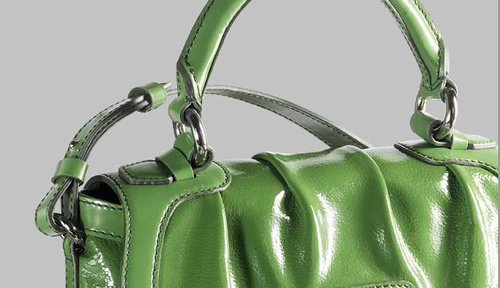I saw this book reviewed by Hilary Mantel (Wolf Hall). Because of what she wrote, and because of the title, which could describe me, I knew I had to read this book.
Joanne Limburg is a poet and suffers from Obsessive-Compulsive Disorder (OCD). In the review it talked about a girl who used to climb the highest trees and ride her bike everywhere, but as a grown woman can hardly cross a road, board an aircraft or go down a flight of stairs for fear of accidents. A girl who was not like all the other children, easily embarrassed, an outsider who avoided company for fear of looking odd, which of course she was.
The brief description seemed to sum up all the worst aspects of my self and some of my mother's too. But OCD? Surely not. But OCD is a spectrum disorder. Not all sufferers obsessively check that doors are locked, or wash their hands 50 times a day.
The author describes anxiety lying in wait for her every morning when she wakes; never being satisfied with her work; procrastination as a way of putting off the completion of work which is bound to be unsatisfactory; finishing things off in a hurry as a result; feeling that it's not worth it, there's no point in trying anyway. I recognised her immediately, but her life has been much harder, and her obsessions go much further than mine. Or to put it another way, I am much further down the spectrum than she is.
It's a brave and humourous look at a condition that she describes as boring, tedious and uninteresting. In the media, stories tend to concentrate on the visible aspects of OCD - the compulsions, rituals and so on. As the author says, "a film about a life spent feeling anxious while quietly avoiding all possible harm doesn't make gripping viewing, nor a thrilling read. And so we hear very little about OCD.
Alcoholism, drug addiction and manic depression make sufferers do all sorts of wild and extreme things that non-sufferers would never do, but find compelling to read about."
Comparing Dante's vision of Hell in his Inferno with what he might have found if it had been full of OCD sufferers.
"First Circle - people making lists
Second Circle - People checking to make sure they haven't left the oven on
Third Circle - People washing their kitchen surfaces - again
Fourth Circle - People touching the back of every chair they pass
Fifth Circle - People opening envelopes they've just sealed, for the third time, to make sure they haven't made any mistakes on their job application form
Sixth Circle - People phoning their husbands to ask for reassurance about the roads they've just crossed
Seventh Circle - People sitting on their sofas trying to anticipate every bad thing that might happen if they go out on a planned trip, and then deciding it would be easier to stay at home...
It's a tormented life for sure, but that doesn't make it an interesting one"
A wonderful description of being "stuck" if ever I heard one.
I'm glad I read the book, but must remember that it's about Joanne Limburg, not about me. Her life is not my life, and her future is not my future. She is a published poet, and what am I?




